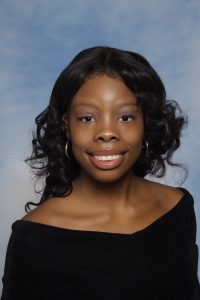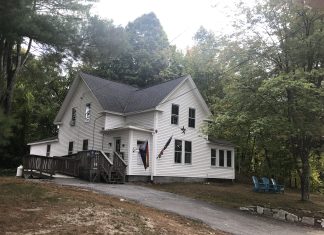Moneshae Bailey is a Junior studying Communications at New England College. This is the first article of a multi-part series exploring her experiences as a black woman in America.

I can recall from my childhood a time where I didn’t appreciate the color of my skin. I remember asking my mom why I wasn’t white like my dolls, and why could my hair be as straight and long like theirs. When I was younger, I wanted to look exactly like Barbie, I didn’t appreciate the melanin in my skin or the curls in my hair.
My mother took that to heart and decided not to leave it up to my school to teach me about black history and what it means to be black.
She also taught me to appreciate the skin I was born with and the curls I was given. My mom taught me a deeper knowledge of my heritage and the many powerful African American leaders that didn’t get holidays. Without the unknown African American heroes of the civil rights movement, we probably would not have been able to vote or been able to end segregation.
My other family members such as my great-grandmother who taught me our family history and about her struggles growing up with darker skin in Albany, NY.
My father taught me about what it was like being a black immigrant in New York on trying to make it and achieve his goals, while being a black man in America. He was the one who sat me down and introduced me to the miniseries Roots. He explained what I couldn’t understand, and gave me hugs and tissues through every difficult scene. They taught me to be strong but that they’ll be there when I need support.
There is a saying “It takes a Village to raise a child”.
This saying has been told to me throughout my entire life. I’m not sure where the saying originated from but the sayings meaning stems from back in the days, where everyone in the black community or in close neighborhoods looked out for each other’s children. When everyone in the community came together as family to lean on and help to protect each other when there was a lot of police brutality, Racial profiling and when people of color were being harmed because of the color of their skin.
My village taught me to be proud of my skin and be a strong woman of color.



















